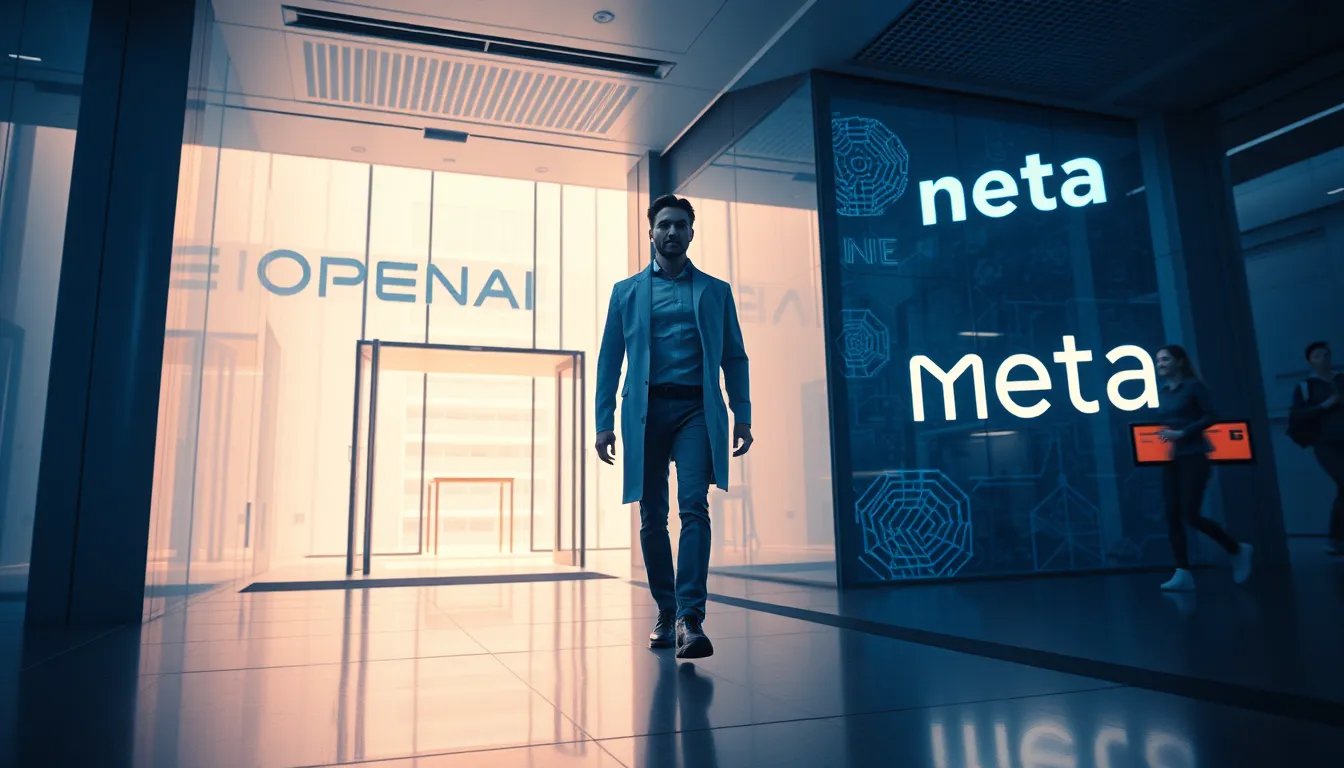Now Reading: Cutting-Edge AI in Healthcare Diagnostics Boosts Care
-
01
Cutting-Edge AI in Healthcare Diagnostics Boosts Care
Cutting-Edge AI in Healthcare Diagnostics Boosts Care

Cutting-Edge AI in Healthcare Diagnostics Boosts Care
Introduction
Artificial intelligence (AI) is transforming the healthcare industry, and none of its innovations has been more groundbreaking than AI in healthcare diagnostics. This revolutionary technology is not only enhancing the accuracy of diagnostic procedures but also improving patient outcomes by providing faster, more precise medical insights. In this article, we delve into the various ways AI in healthcare diagnostics is reshaping patient care, from advanced medical imaging to innovative disease prediction models.
How AI in Healthcare Diagnostics Improves Diagnostic Accuracy
One of the primary benefits of AI in healthcare diagnostics is its ability to improve diagnostic accuracy. Machine learning algorithms analyze thousands of images and patient records, reducing human error and ensuring that rare conditions are identified promptly. This breakthrough has led to:
- Early detection of diseases such as cancer and cardiovascular conditions.
- Reduction in misdiagnoses, leading to more effective treatment plans.
- Enhanced pattern recognition skills for interpreting complex datasets.
AI systems can analyze vast quantities of data much quicker than traditional methods. As a result, they provide clinicians with reliable second opinions on complex cases. Utilizing these insights, healthcare professionals can make more informed decisions, significantly reducing the likelihood of diagnostic errors.
The Role of Medical Imaging in AI Diagnostics
Medical imaging is a cornerstone of modern diagnostics. AI algorithms have been integrated with imaging technologies, such as MRI, CT scans, and X-rays, to support more accurate diagnostics. Here are some key points regarding the integration of AI in medical imaging:
- Improved Image Analysis: AI-powered software can detect subtle changes in tissue structure that might be overlooked during manual examinations.
- Faster Processing: Medical imaging equipped with AI algorithms provides results in a fraction of the time, enabling rapid response and treatment.
- Enhanced Training: AI systems learn from each image, continuously evolving to support clinicians with ever-improving analysis and recommendations.
For more details on modern healthcare technology, visit the Health IT website.
Advancing AI Disease Prediction
Another critical advantage of deploying AI in healthcare diagnostics is its capability for disease prediction. By analyzing patient histories, genetic information, and lifestyle factors, AI can forecast the likelihood of various diseases. This preventative approach enables interventions before the onset of severe symptoms. Key benefits include:
- Personalized treatment plans based on individual risk factors.
- Reduced healthcare costs by preventing disease progression.
- Enhanced public health strategies through accurate data analysis.
Innovative platforms that harness the power of AI in disease prediction are now part of routine clinical practice. These advancements allow doctors to offer targeted prevention and management, ensuring the best possible care for patients. For global health insights and further information on disease prevention strategies, consider exploring resources available at WHO.
Challenges and Future Directions
While the benefits of AI in healthcare diagnostics are significant, there are still challenges to address. Issues such as data privacy, algorithm bias, and the need for comprehensive training of AI systems must be managed carefully. Here are some potential challenges:
- Data Privacy: Protecting patient information is paramount, requiring secure channels for data storage and analysis.
- Algorithmic Bias: Ensuring that AI systems do not replicate existing biases in healthcare data is critical for equitable patient care.
- Integration Costs: Implementing state-of-the-art AI technology requires considerable investment, both financially and in terms of staff training.
Despite these challenges, experts are optimistic about the future. Continuous improvements in AI technologies and better regulatory standards will likely overcome these hurdles, paving the way for more robust and reliable diagnostics.
Case Studies and Real-World Applications
Several hospitals and research institutions have already started implementing AI in their diagnostic processes. For example, pilot programs in large urban hospitals have demonstrated that AI can reduce diagnostic times by up to 40% while maintaining high levels of accuracy. These case studies not only underscore the potential of AI in healthcare diagnostics but also highlight the tangible benefits that patients enjoy, such as quicker diagnoses and more personalized treatment plans.
Conclusion
In conclusion, cutting-edge AI in healthcare diagnostics offers a promising future where medical errors are significantly reduced, diagnostic accuracy is enhanced, and patient care is optimized. The journey toward fully integrated AI systems in healthcare is well underway, and ongoing advances continue to prove that these technologies can transform traditional diagnostic practices. As emerging trends suggest, investment in AI-driven diagnostic tools is a critical step towards a more efficient, cost-effective, and patient-centric healthcare system.
By staying informed on developments in AI and healthcare, both clinicians and patients can look forward to a smarter, safer, and more responsive medical environment. The fusion of technology and healthcare is just beginning, and its potential to improve life on a global scale is immense.
Remember, as AI continues to evolve, so too will its ability to provide precise diagnostics and shape the future of medical care. Embrace this transformative innovation and witness firsthand how the future of healthcare is being rewritten by AI.

























